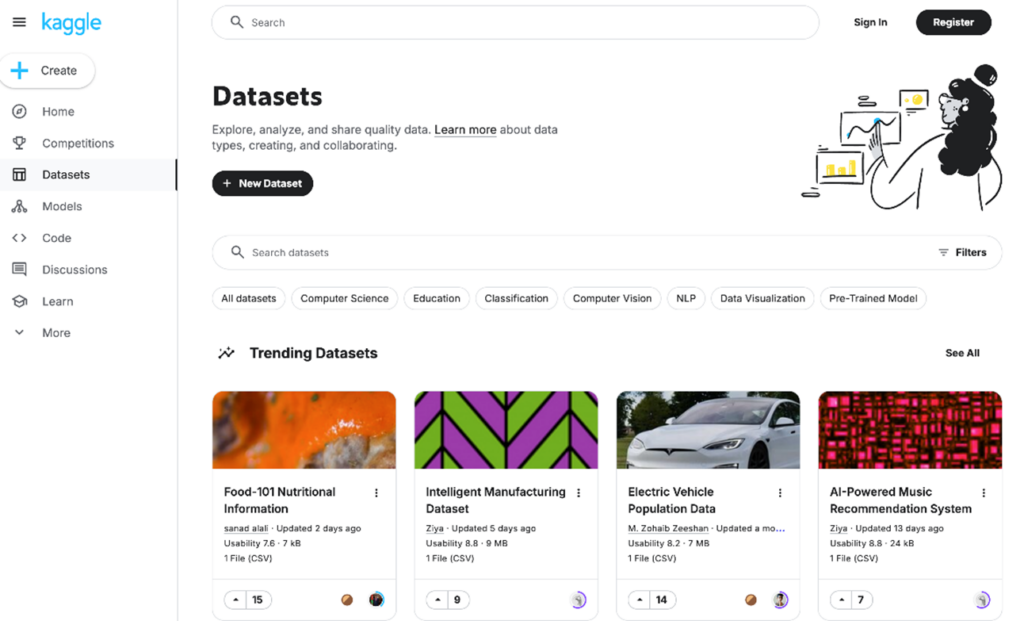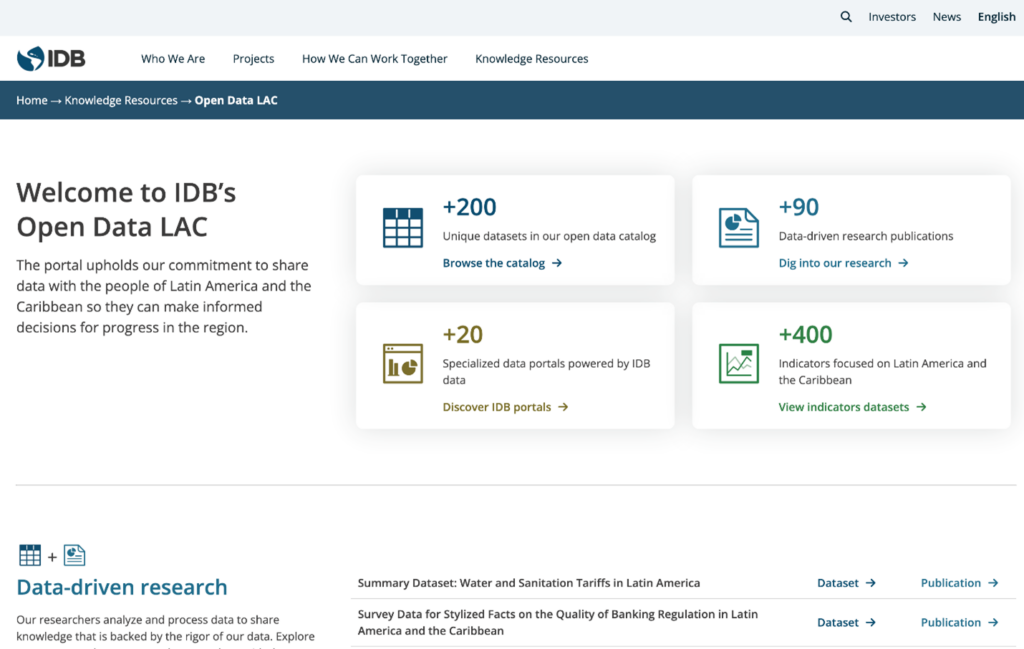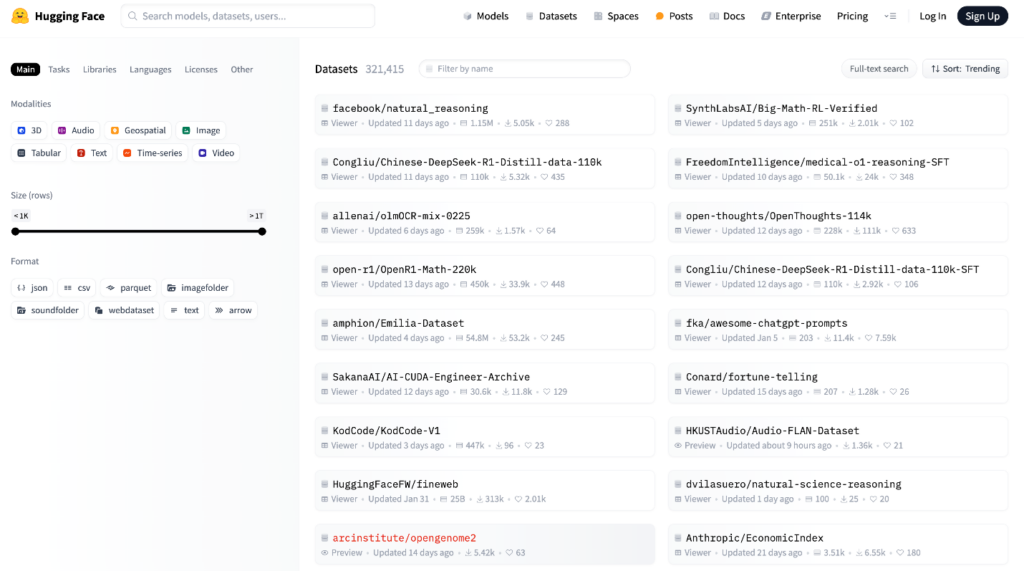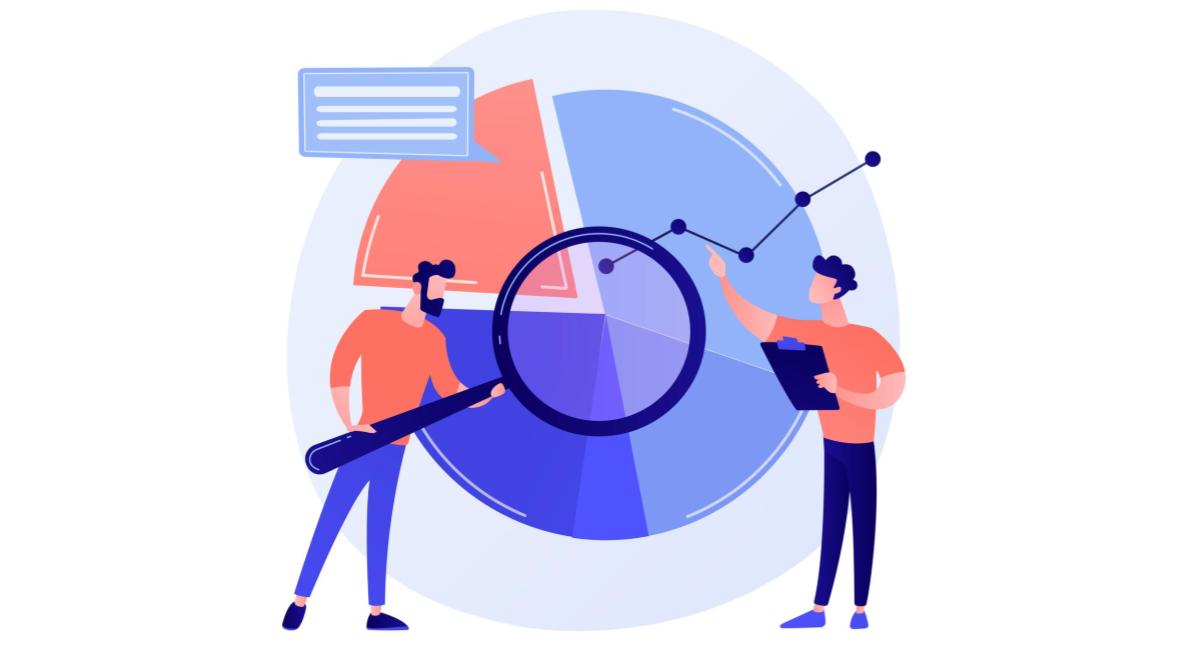Read time: 3min
Data science has become a fundamental pillar for innovation and decision-making across multiple sectors. However, for data science models, analyses, and applications to function properly, it is important to have a solid and diverse source of data. In this context, the open data movement is key, as it makes large volumes of information available to the public for free and under licenses that allow its use and redistribution.
Below, we’ll explore how open data serves as fuel for data science and how organizations both public and private can leverage it to generate sustainable value.
1. Democratization of Data Science
One of the greatest contributions of open data is the democratization of data science. By removing barriers to accessing information, anyone with an internet connection and basic analytical skills can explore, create, and share findings. Students, researchers, entrepreneurs, and curious minds can train using real data without needing expensive licenses or infrastructure.
Practical Example: Platforms like Kaggle offer competitions and repositories of open datasets, where thousands of enthusiasts and researchers collaborate to solve all kinds of problems from image classification to financial predictions. In this way, a global ecosystem is created that accelerates innovation and the refinement of analytical techniques and machine learning models.

2. Transparency and Replicability
Replicability of experiments is a cornerstone of the scientific method, and data science is no exception. When data is openly available, it enables to:
- Verify models and results. Researchers and professionals can replicate experiments and methodologies, detecting possible errors and validating the effectiveness of models.
- Improve quality. By sharing and comparing results, the community can identify biases and propose improvements to datasets or techniques used.
Practical example: The IDB Open Data Portal offers detailed information on various areas across Latin America and the Caribbean, allowing professionals and organizations to compare statistics between countries, analyze development trends, and generate informed solutions in fields such as education, transportation, and economics, among others.

3. New Tools and Large Language Models (LLMs)
With the rise of artificial intelligence, Large Language Models (LLMs) such as GPT, Bloom, or LLaMA have popularized the use of data on an unprecedented scale. These models require vast volumes of information for training, and much of that data comes from open sources, including text repositories, academic documents, and public databases.
Practical Example:
Hugging Face has become a key reference point for the AI community, offering not only pre-trained models but also an extensive catalog of open datasets for tasks in natural language processing, computer vision, and more.

4. Ethical Considerations
Despite the clear benefits, open data also presents challenges that the data science community must address. First and foremost, it is essential to have protocols for identity anonymization and protection of personal information, especially in sensitive areas such as health or finance.
These challenges should not be seen as barriers, but rather as opportunities to improve data management and governance. Responsible use of open data strengthens trust in data science and lays the foundation for its sustainable growth.
Practical Example:
Several governments that have adopted the principles of the Open Data Charter have published their data in a more standardized format. This makes it easier for data science teams to clean, process, and combine information more efficiently.
Open data has become a strategic ally for data science, enhancing learning, research, and innovation. Thanks to its availability, professionals across sectors can develop projects that benefit both society and business whether by discovering consumption patterns, improving public policies, or training cutting-edge artificial intelligence models.
The invitation is open: explore platforms such as the IDB Open Data Portal, Hugging Face Datasets, or the Open Data Charter itself to find inspiration and build solutions that create a positive impact in our communities. Let’s keep innovating with data!
What do you think about the influence of open data in data science? Share your thoughts in the comments below.


Leave a Reply